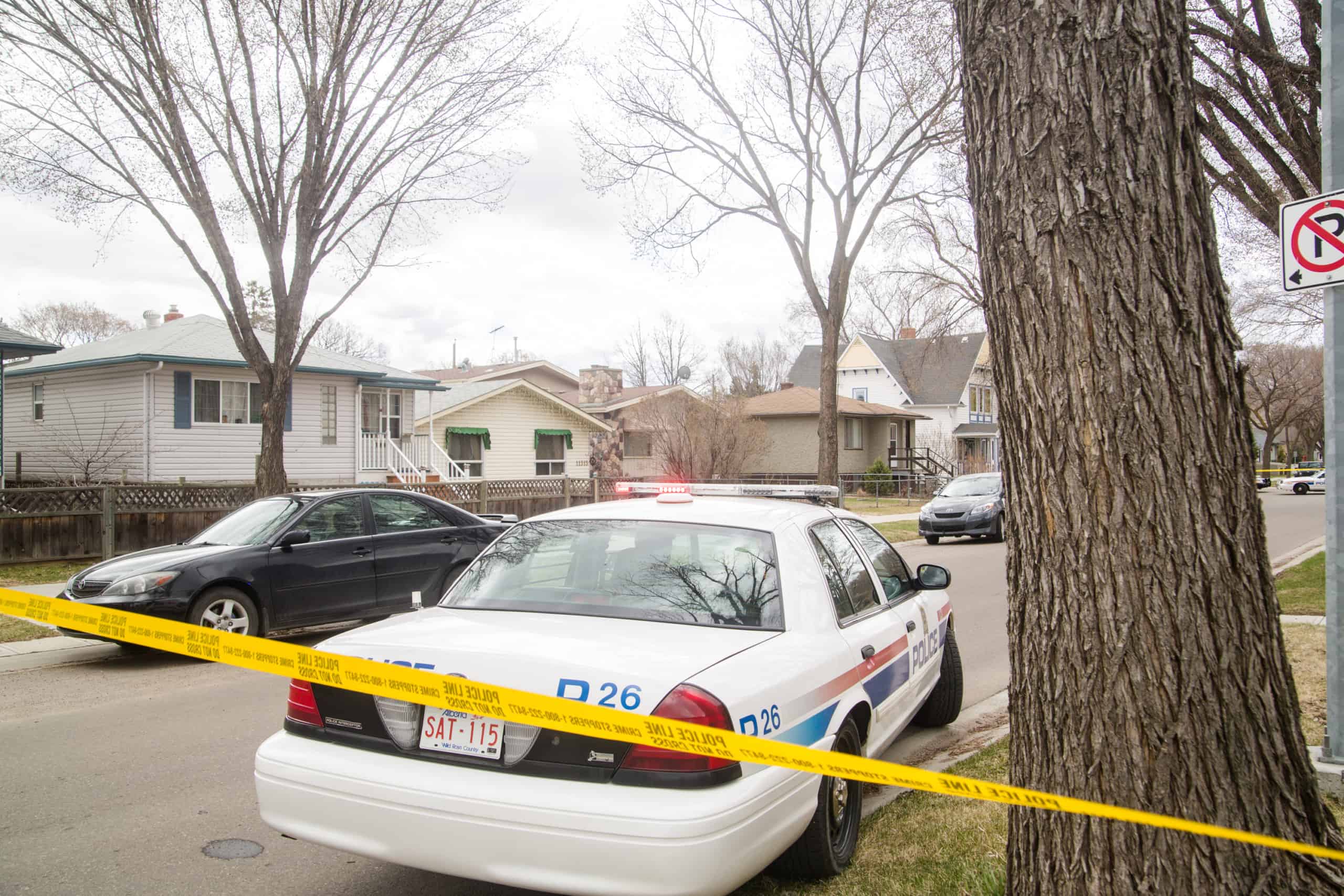EPS campaign outlines rights and responsibilities
Edmonton Police Service (EPS) wants you to know your rights when interacting with police officers, which they aim to do through an educational campaign.
On May 10, the EPS officially launched the Know Your Rights campaign. Insp. Mitchell Flaman of EPS’ equity, inclusion and human rights branch, says, “The campaign, at its core, is an initiative intended to inform individuals and community organizations of the respective rights and responsibilities of individuals and Edmonton police officers.”
It was through working with community groups that EPS discovered some people are reluctant to talk to the police and that they wanted to learn more about their rights.
Know Your Rights provides information on when a police officer can and cannot request personal information from someone. Police officers must also identify themselves and explain why they’re stopping someone. Information is included on what an officer can and cannot do in certain circumstances, and what a member of the public’s rights are during different situations.
“What might change is whether someone is under arrest or detention,” explains Flaman. “So the obligation of the officer and the person who is being spoken with changes based on the circumstances. So, whether it’s an officer approaching someone on the street to have a conversation when they’re under no obligation to provide any information to that officer versus a person who’s under arrest, which then they are required to provide certain pieces of information.”
The idea is to make the information more accessible, build positive relationships between officers and the public, and encourage transparency and communication.
Flaman explains the campaign began before provincial requirements through Bill 63, which banned carding. Carding is when police randomly stop, question, and document someone who is not being investigated. Police ask for information that identifies that person.
The EPS created a pocket brochure with a card that people can carry with them and use for information. The card has a QR code that connects to the EPS Know Your Rights webpage.
“It’s certainly something you can reference, whether it’s during a stop in your car or on the side of the road,” says Flaman.
Brochures are available at all EPS divisions, some convenience store locations, and online. A social media campaign will also help spread the information, and posters will be mounted in high-traffic bus shelters. The EPS is in the process of having the materials translated into other languages.
Flaman adds, “We’ve had a campaign internally as well, to let our officers know what our initiative is on Know Your Rights and why we’re doing it, what the expectation is.” He explains that EPS is providing officers with a refresher on the powers of arrest and detention, including the fact that if an officer wants to talk to someone on the street, that person doesn’t have to answer.
Anyone who feels their rights were infringed upon can contact the officer’s supervisor. If the issue is serious, make a complaint to EPS’ Professional Standards branch.
“At the end of the day, what I think most police officers want and most members of the public want is just a respectful interaction between two people to figure out what’s going on. If this card and this information assists in having just a respectful communication where trust is built between two people, even if they don’t agree on the reason but they at least understand what that process is, then I think this is good for both the community and the EPS.”
The EPS’ Commitment to Action’s community outreach sessions will also mention the information. Register for an upcoming session here: commitmenttoaction.ca. To learn more about the campaign, visit edmontonpolice.ca/KnowYourRights.







